Themes
Speakers
Benjamin Mason Meier
Professor, Global Health Policy, University of North Carolina
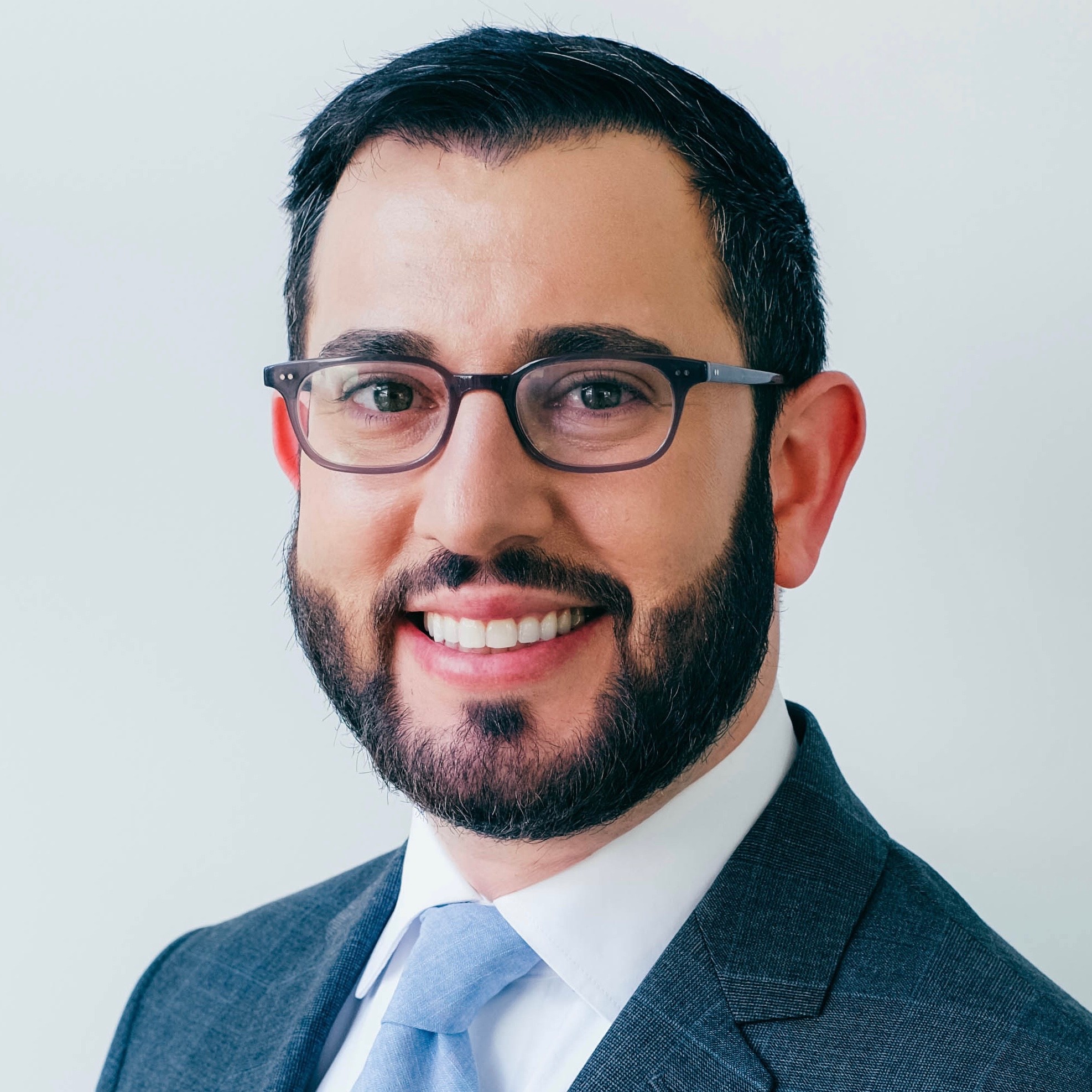
Benjamin Mason Meier
Professor, Global Health Policy, University of North Carolina
Expertise in: Global health, international law, and public policy. Also examines rights-based approaches to health.
Benjamin Mason Meier is a Professor of Global Health Policy at the University of North Carolina at Chapel Hill, a Senior Scholar at the O’Neill Institute for National & Global Health Law, and the Chair of the Global Health Law Consortium. Dr. Meier’s interdisciplinary research—at the intersection of global health, international law, and public policy—examines rights-based approaches to health.
His recent global health governance volume, Human Rights in Global Health: Rights-Based Governance in a Globalizing World (OUP 2018), examines the influence of human rights across the health efforts of the United Nations. Drawing from this analysis of international organizations, Dr. Meier has co-authored an academic textbook for the field, Foundations of Global Health & Human Rights (OUP 2020).
Brinelle D’souza
Chairperson, Centre for Health and Mental Health, School of Social Work, TISS
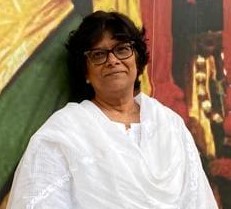
Brinelle D’souza
Chairperson, Centre for Health and Mental Health, School of Social Work, TISS
Expertise in: Public health, health rights and social development.
Brinelle D’souza is Chairperson, Centre for Health and Mental Health, School of Social Work, Tata Institute of Social Sciences. Her areas of expertise are public health, health rights, marginalization, and health and health activism. She has directed projects at the state and national level in collaboration with UN-AIDS, UNDP, USAID, the National AIDS Control Organization, the Ministry of Health and Family Welfare & the Global Fund to Fight Against AIDS, TB, and Malaria, Geneva. Brinelle D’souza is the Co-Convenor, Jan Swasthya Abhiyan – Mumbai, the local-global People’s Health Movement chapter. Through its various advocacy efforts, JSA- Mumbai has been critical in improving access to medicines and health services during the COVID-19 pandemic. It has also been at the forefront of legal activism in the context of TB Drugs seeking government use of compulsory licenses for two patented anti-TB drugs - Bedaquiline and Delamanid, used to treat MDR and XDR TB patients.
Brinelle is a member of the State Mentoring Committee, Community Action for Health under the State Health Mission, Government of Maharashtra, and the National Coordinating Committee, Jan Swasthya Abhiyan, India. She is also deeply engaged in issues related to minority rights and civil liberties.
Divya Pushkarna
Disinformation Advisor, MSF
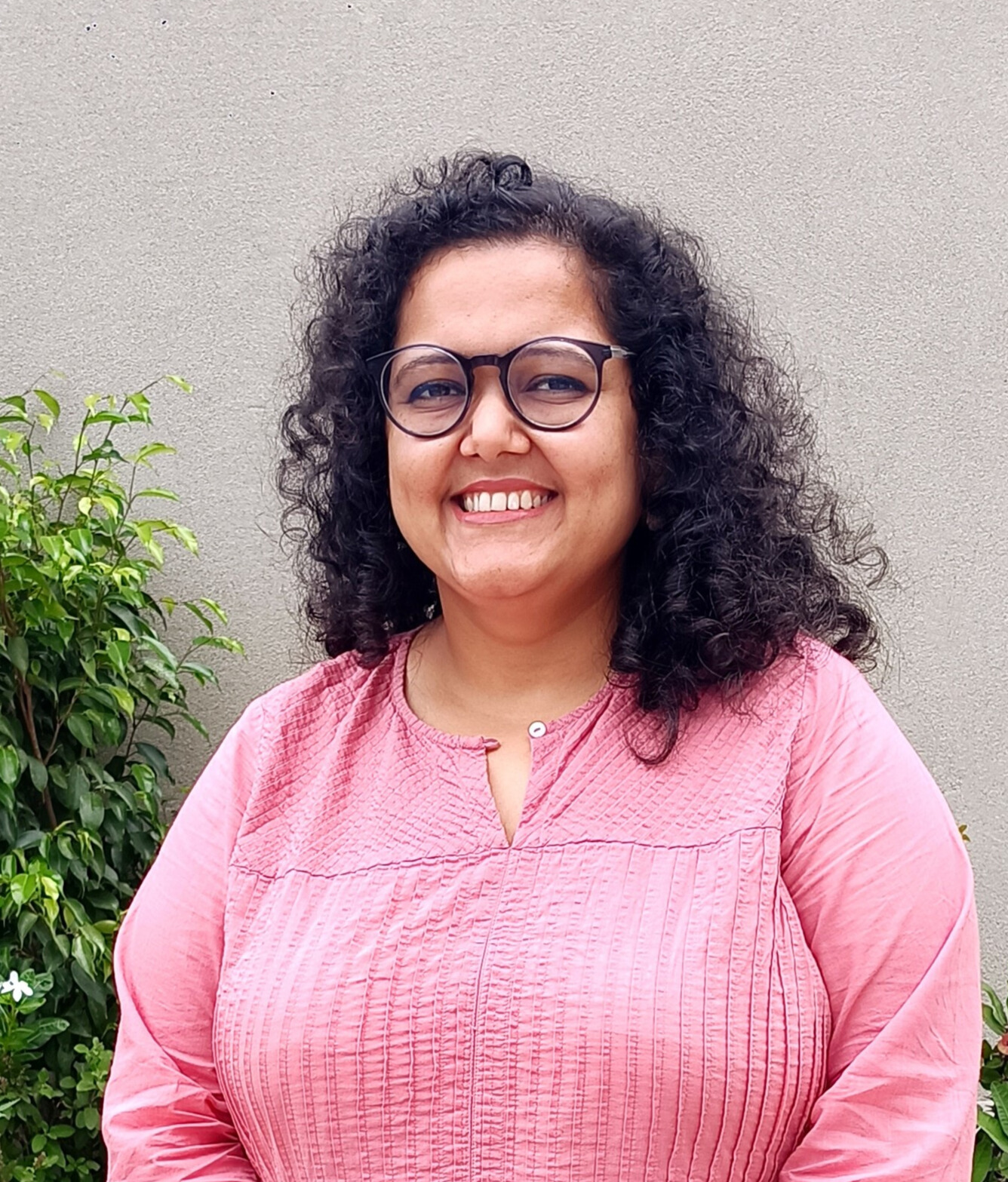
Divya Pushkarna
Disinformation Advisor, MSF
Expertise in: Mis/disinformation, humanitarian issues and digital communications.
Divya Pushkarna is the Disinformation Advisor, MSF. She works extensively on assessing and managing harmful digital incidents with a focus on mis/disinformation and its impact on MSF’s humanitarian work in more than 80 countries. She has more than 10 years of experience managing digital operations in humanitarian and media sectors as a digital communications professional. Prior to MSF, Divya worked as a digital business journalist with The Hindu Business Line.
Dr Farhat Mantoo
Executive Director, MSF South Asia
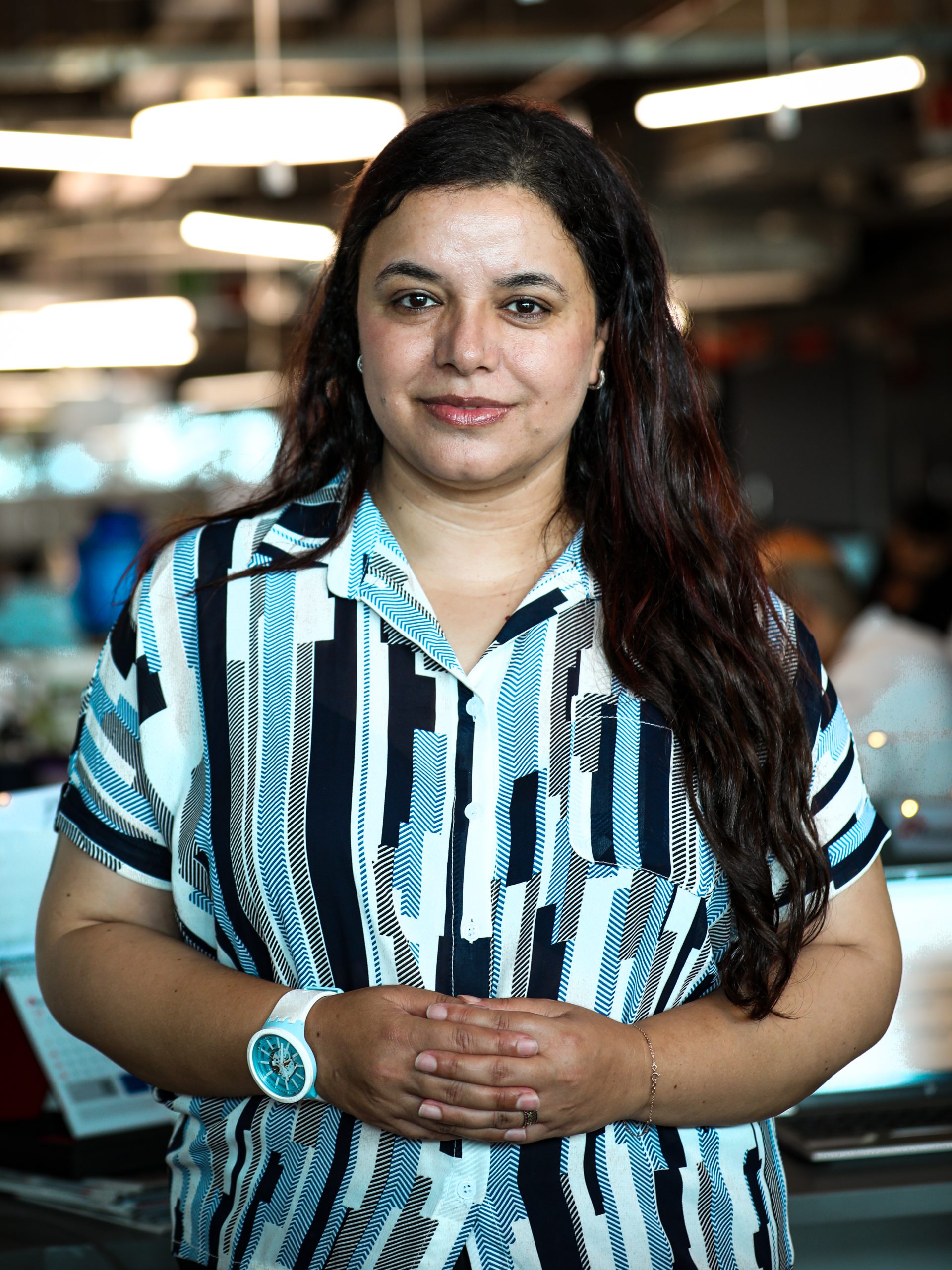
Dr Farhat Mantoo
Executive Director, MSF South Asia
Expertise in: Humanitarian crisis, medical anthropology, hospital management, and human resources.
Farhat Mantoo is the Executive Director of MSF in South Asia and manages offices in Sri Lanka, Bangladesh, Pakistan, and India. She specializes in medical anthropology, communication, people and business leadership. She is alumni of The European School of Management and Technology (ESMT) Berlin and Indian School of Business (ISB) Hyderabad. She serves on various international committees, both in MSF and externally, and has co-authored several publications. Her primary research interests are the application and relevance of low-cost quality medical innovations and implementation in humanitarian medicine. Farhat has worked for over 23 years in humanitarian and development sector in management and leadership roles mainly in Asia, Europe, and East Africa. In addition to her ED role, she is also part of core global leadership team looking at MSF operations world-wide.
Dr Maria Guevara
International Medical Secretary, MSF
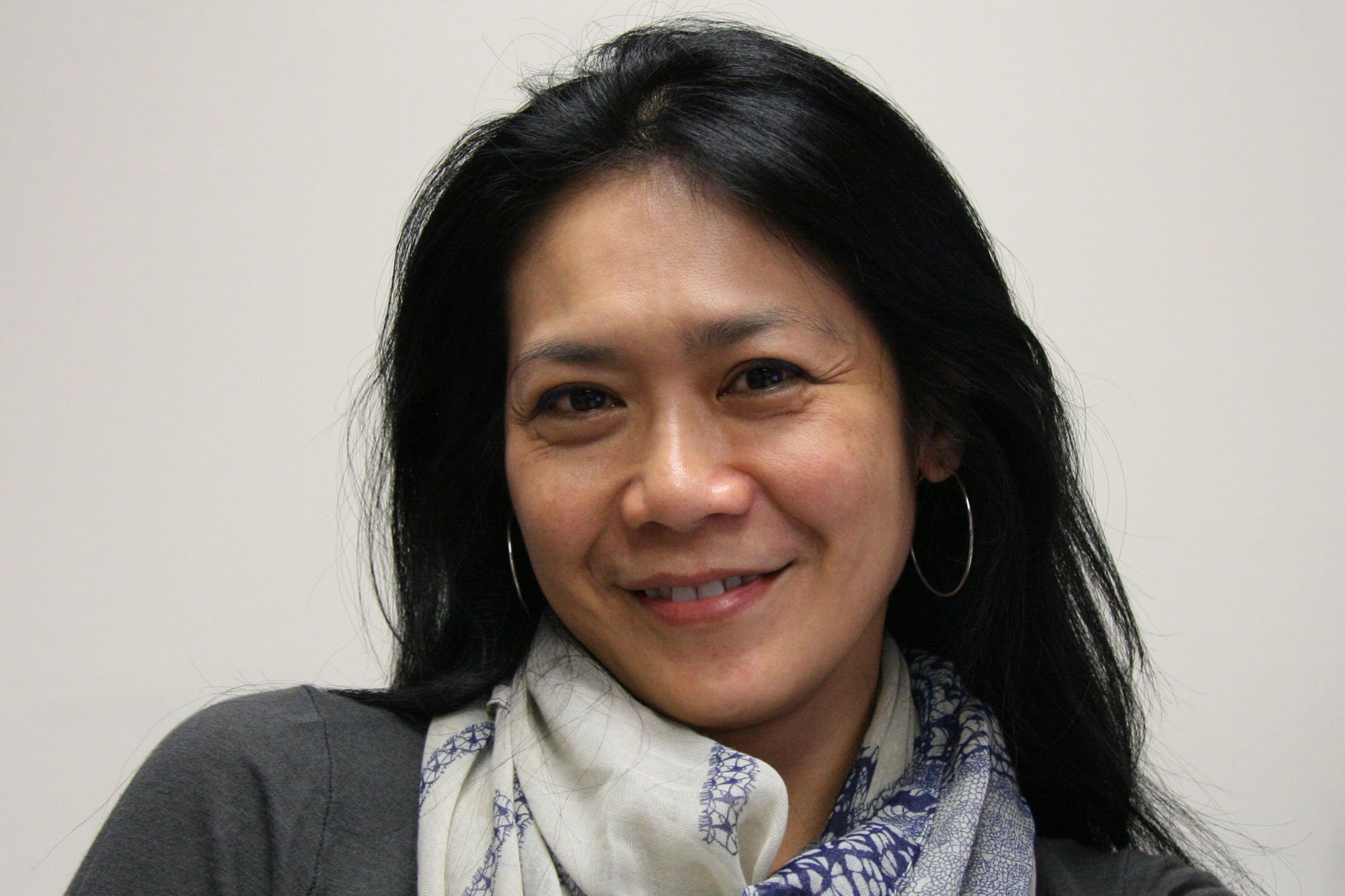
Dr Maria Guevara
International Medical Secretary, MSF
Expertise in: Emergency response, global health and humanitarian crisis.
Dr Maria Guevara is the current MSF International Medical Secretary based in Geneva, Switzerland. Before taking on the post in February 2021, she had been the Global Health Advisor at MSF Switzerland and held the dossier on Attacks on Healthcare. Her extensive humanitarian field work began in 2004 and has spanned across countries in Africa, Americas, and Asia in both emergency and stable settings as well as being the organisation's Regional Representative in Asia from 2012 to 2017. She has also served in various advisory groups in WHO and other institutions. Trained in Pulmonary and Critical Care Medicine and Tropical Medicine, her focus are in Response to Emergencies, Global Health, and Planetary Health.
Dr Parivelan K.M.
Associate Professor, Center of Statelessness and Refugee Studies, School of Law, Rights and Constitutional Governance, TISS
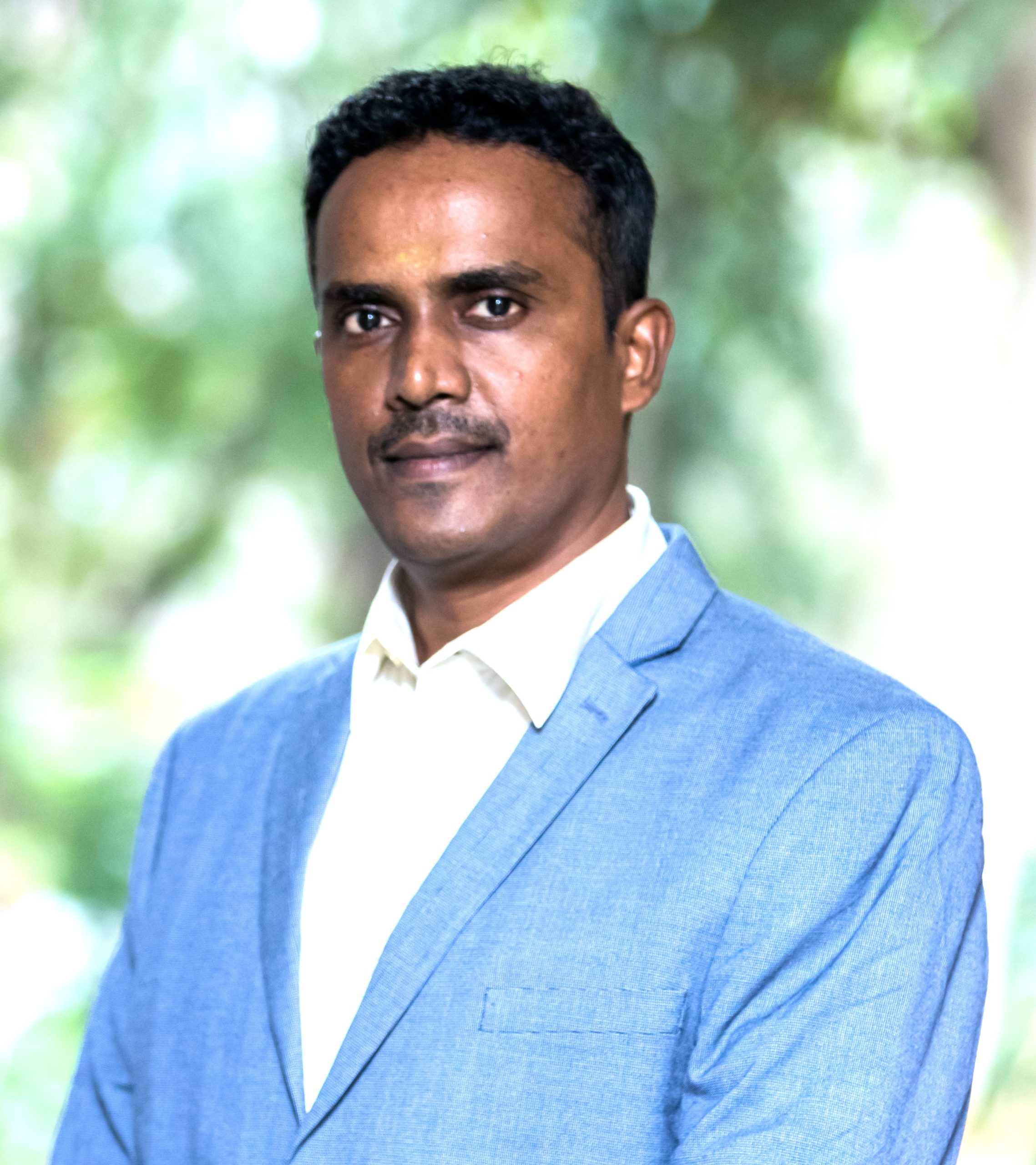
Dr Parivelan K.M.
Associate Professor, Center of Statelessness and Refugee Studies, School of Law, Rights and Constitutional Governance, TISS
Expertise in: Statelessness and refugee studies, rights and constitutional governance.
Dr Parivelan is an Associate Professor at the Centre for Statelessness and Refugee Studies at the School of Law, Rights and Constitutional Governance, Tata Institute of Social Sciences, Mumbai. An alumnus of Jawaharlal Nehru University, he had previously worked at United Nations Development Programme, facilitated the post-tsunami recovery process, and worked at UNHCR as Repatriation Specialist. He is a Member of the Advisory Committee for the Welfare of Sri Lankan Tamil refugees, constituted by the Government of Tamil Nadu in India, which is working towards durable and lasting solutions to resolve their protracted situation. Recently he is invited as a Member of the Editorial/ Advisory Committee of the National Police Academy, Govt of India.
Giten Khwairakpam
Community and Policy Program Manager, amfAR’s TREAT Asia program
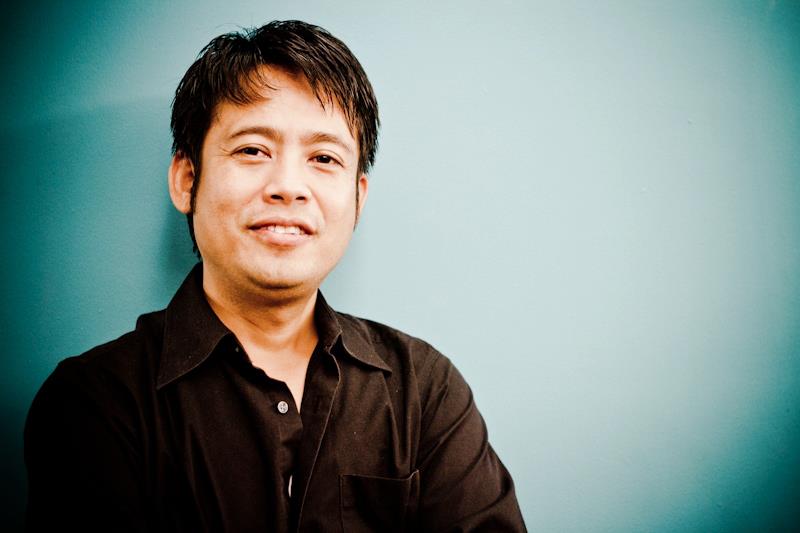
Giten Khwairakpam
Community and Policy Program Manager, amfAR’s TREAT Asia program
Expertise in: Public health advocacy and access to healthcare.
Giten Khwairakpam is currently the Community and Policy Program Manager at amfAR’s TREAT Asia program in Bangkok, Thailand.
He is a member of the World Health Organization’s Global Guidelines Development Group on hepatitis B and hepatitis C, a member of the Expert Advisory Group on HCV with the Medicines Patent Pool, a member of the Access Committee of Drugs for Neglected Diseases Initiative and a member of the Strategic and Technical Advisory Group of the WHO, South East Asia Regional Office.
He also has served in different technical groups on viral hepatitis in WHO WPRO and SEARO regions. He has been working on improving HIV and viral hepatitis treatment access and advocating for price reductions in South and South East Asia in partnership with regional and national community networks.
He was also profiled as a Change Maker for hepatitis C by the Economist Intelligence Unit in 2017.
Jolene Anthony Dass
Humanitarian Affairs Manager, MSF Malaysia
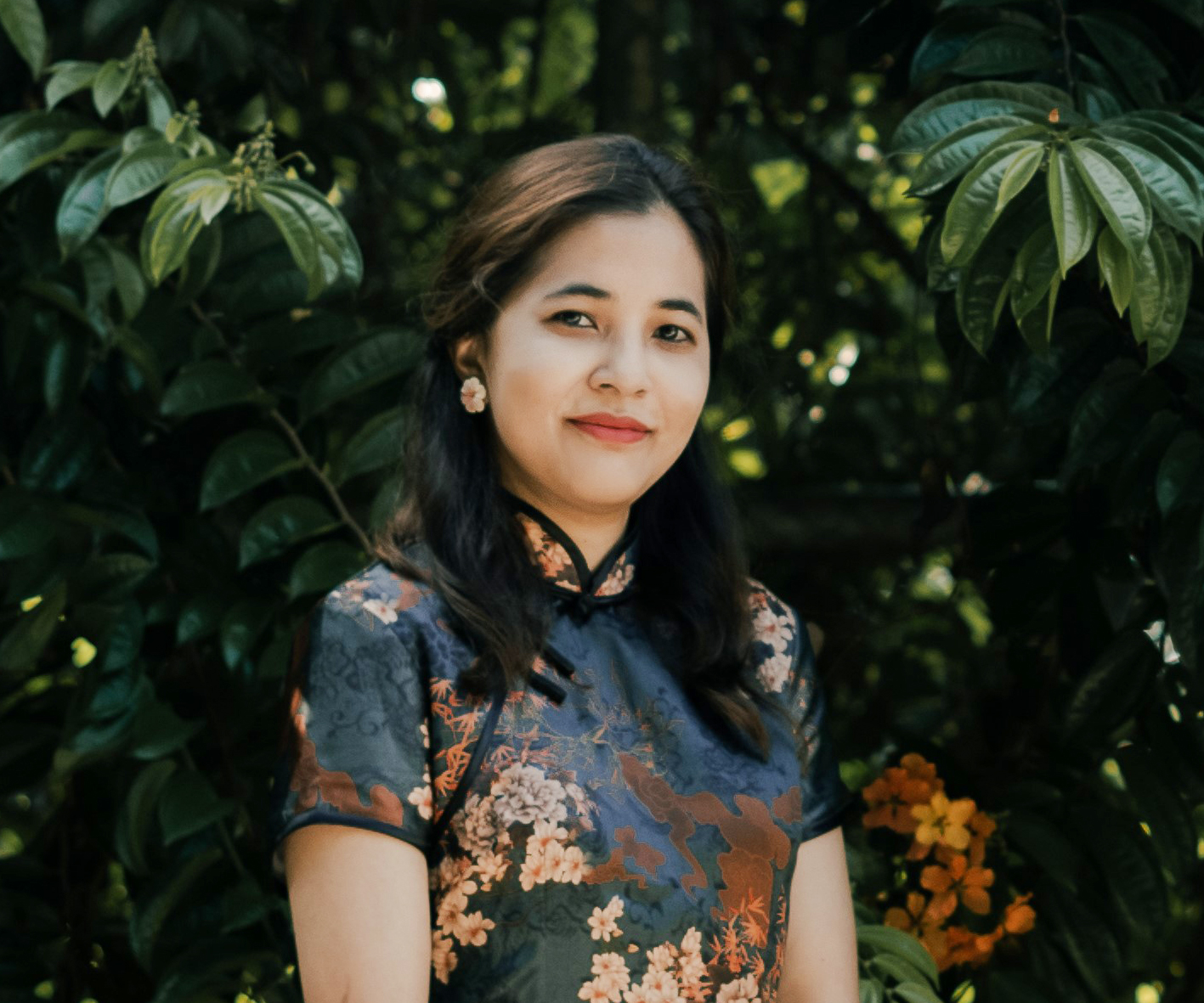
Jolene Anthony Dass
Humanitarian Affairs Manager, MSF Malaysia
Expertise in: Medicinal chemistry, gender studies and international studies.
Jolene Anthony Dass currently serves as the Humanitarian Affairs Manager for MSF in Malaysia. With a background in Medicinal Chemistry, Gender Studies and International Studies, she enjoys weaving the Sciences and Social Sciences into social justice issues, advocacy and protection of marginalized groups. She is particularly keen on challenging norms purposefully and working directly with affected communities to help develop high-impact change to inequities to improve access to rights. She has eight years working experience in migration, women’s development, sexual and gender-based violence response and science communication.
K.M. Gopakumar
Senior Researcher and Legal Advisor, Third World Network
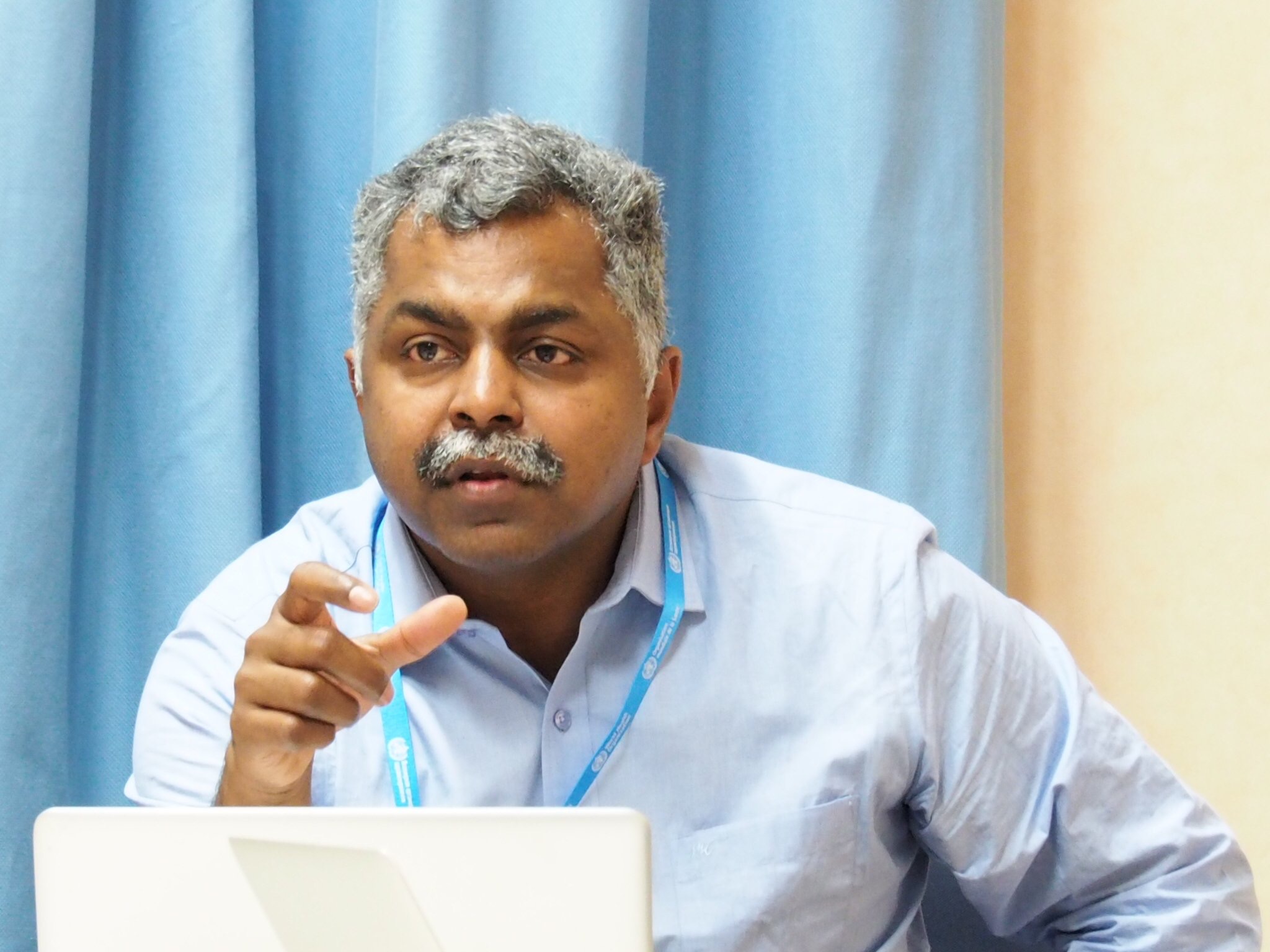
K.M. Gopakumar
Senior Researcher and Legal Advisor, Third World Network
Expertise in: Intellectual property and access to healthcare.
K.M. Gopakumar is a Senior Researcher and Legal Advisor, Third World Network (TWN) based in New Delhi, India. TWN is an independent, not-for-profit organization that carries out policy research and advocacy on issues around trade and development, with a focus on third-world countries. His work in TWN focuses on the global IP regime and its implications on development.
Leena Menghaney
Regional Head, MSF Access Campaign
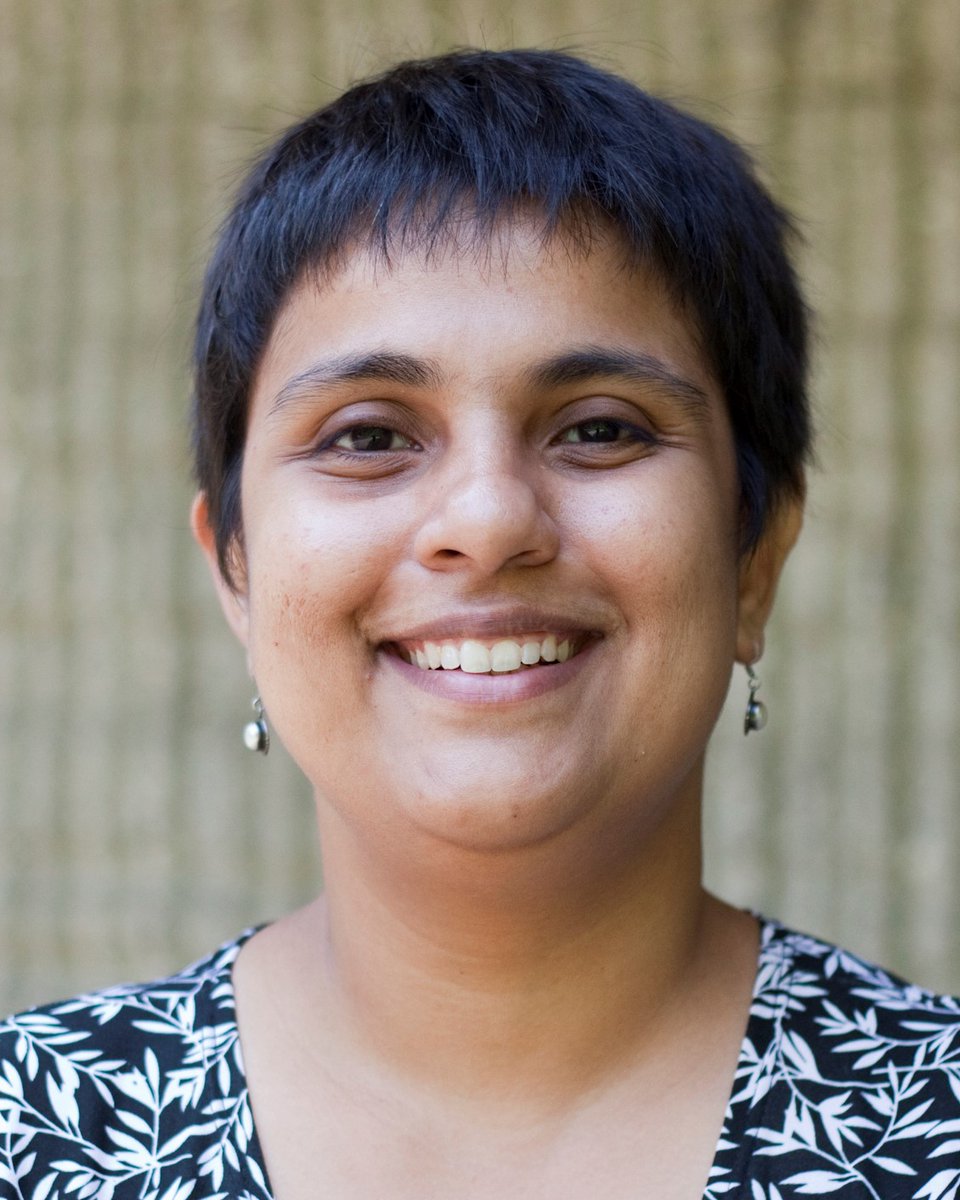
Leena Menghaney
Regional Head, MSF Access Campaign
Expertise in: Public Health Policy
Leena Menghaney is a lawyer and public health policy expert with over 24 years of experience dedicated to advancing access to essential medicines in low- and middle-income countries (LMICs). She specializes in analyzing intellectual property, regulatory, and trade barriers that impact equitable access to health technologies. Proven leadership in the humanitarian and public health sector through senior roles with Médecins Sans Frontières (MSF) and the global HIV/AIDS movement.
Leena helps builds strategic alliances across medical, pharmacist teams, legal aid lawyers, feminist organizations, patient and marginalised groups to improve access to treatment. She is also an active contributor to health journalism, regularly writing op-eds and analytical pieces for independent media.
Elizabeth Willetts
Planetary Health Policy Director, Harvard T.H. Chan School of Public Health
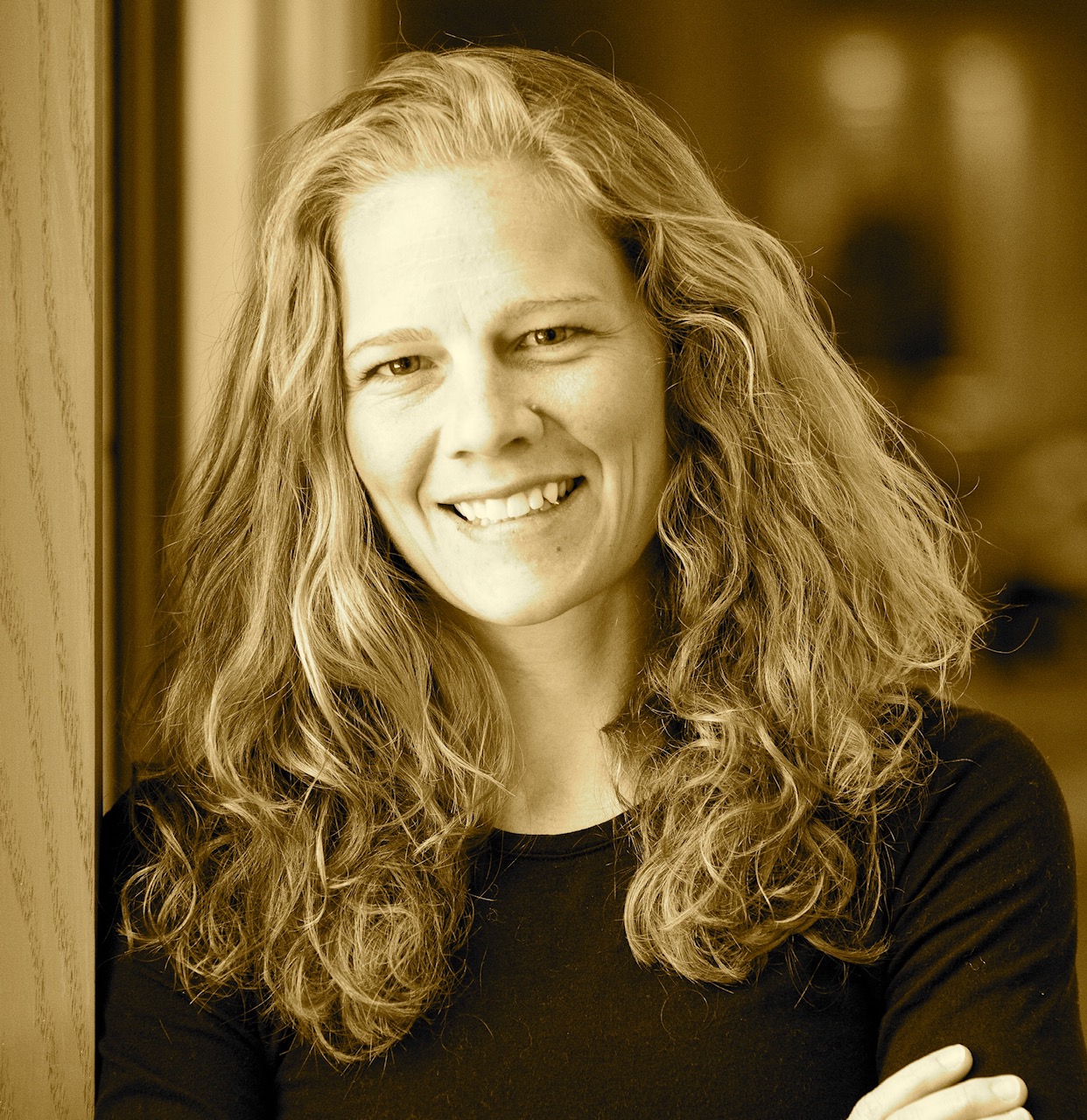
Elizabeth Willetts
Planetary Health Policy Director, Harvard T.H. Chan School of Public Health
Expertise in: Biodiversity, climate change, pollution, food systems, and community health for marginalized populations.
Elizabeth Willetts is the Planetary Health Policy Director, Harvard T.H. Chan School of Public Health. She is an internationally recognized expert in interdisciplinary policy analysis and communications with 20+ years’ experience mobilizing knowledge and engagement on biodiversity, climate change, pollution, food systems, and community health for marginalized populations. She has authored science-policy guides for the WHO, the UN Economic and Social Commission for Asia and the Pacific, and the International Institute for Sustainable Development, drawing on 15 years as a policy reporter tracking intergovernmental negotiations for multilateral environmental agreements, and eight years as a community clinician in the U.S., Central America, and Micronesia.
Nishant Sirohi
Health & Human Rights Fellow, Geneva Health Files
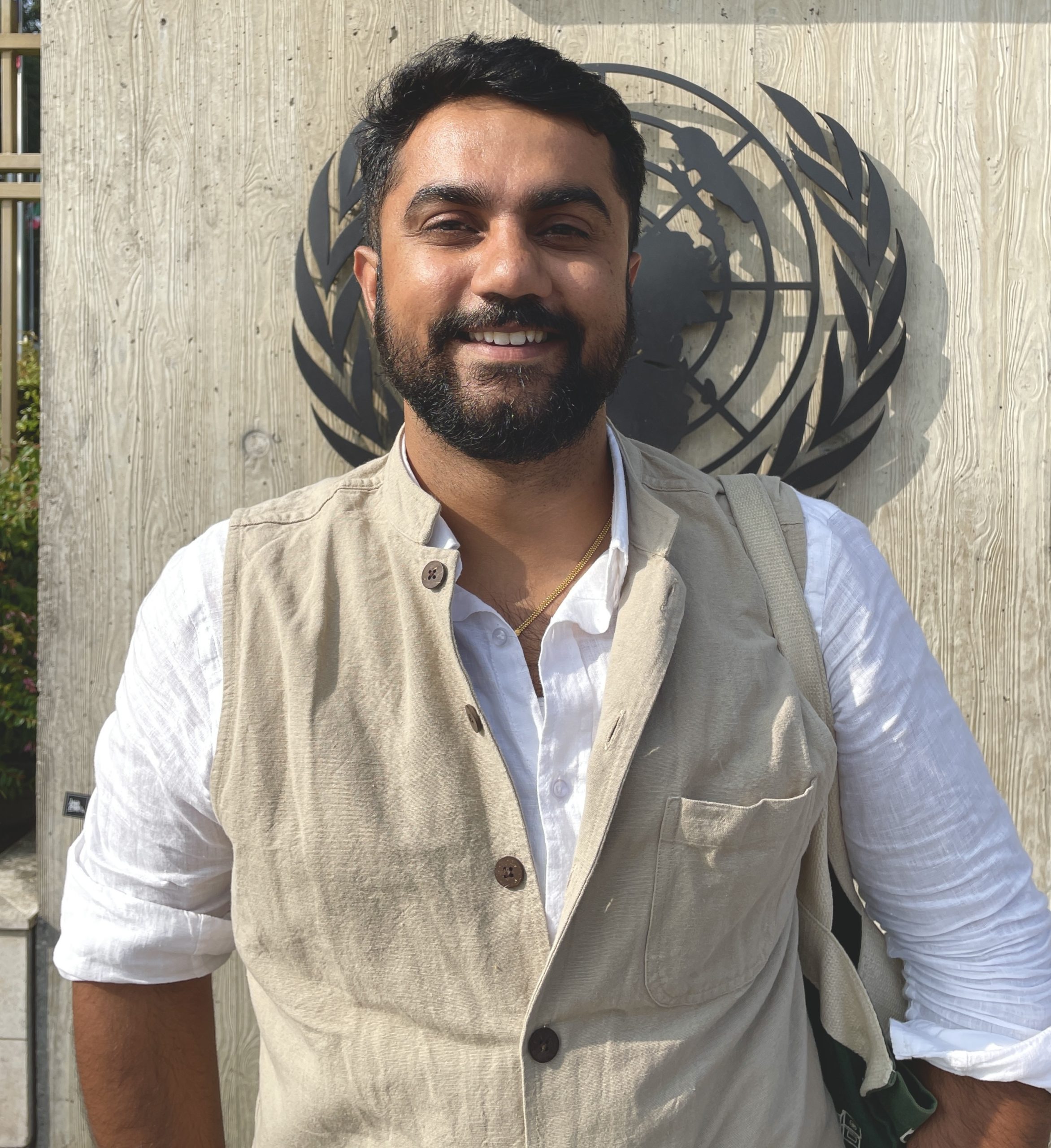
Nishant Sirohi
Health & Human Rights Fellow, Geneva Health Files
Expertise in: Legal research, public health, social development, human rights, and climate change.
Nishant Sirohi is a Health & Human Rights Fellow at the Geneva Health Files. His research focuses on the relationship between human rights and development - issues related to social inequalities, environment and health. Trained as a lawyer from India’s Aligarh Muslim University, Nishant holds a diploma in International Law & Diplomacy from the Indian Society of International Law. He is an M.Phil. candidate at the Norwegian Centre for Human Rights at the University of Oslo.
Osama Manzar
Executive Director, Digital Empowerment Foundation
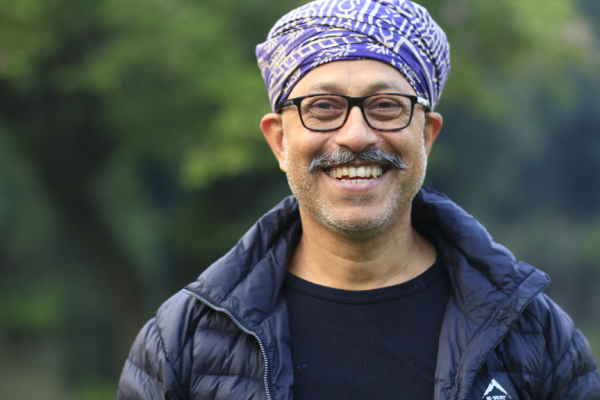
Osama Manzar
Executive Director, Digital Empowerment Foundation
Expertise in: Digital literacy, fact-checking, social development, and digital inclusion.
Osama Manzar is a senior Ashoka fellow who founded Digital Empowerment Foundation 20 years back in 2002 to ensure digital access and empowerment to the most marginalised people. He is a British Chevening scholar and has been instrumental in several policies like National Digital Literacy Mission. He has traveled to over 10,000 villages and sits on several national and international boards.
P. Sainath
Magsaysay Award Winner, Veteran Indian Journalist
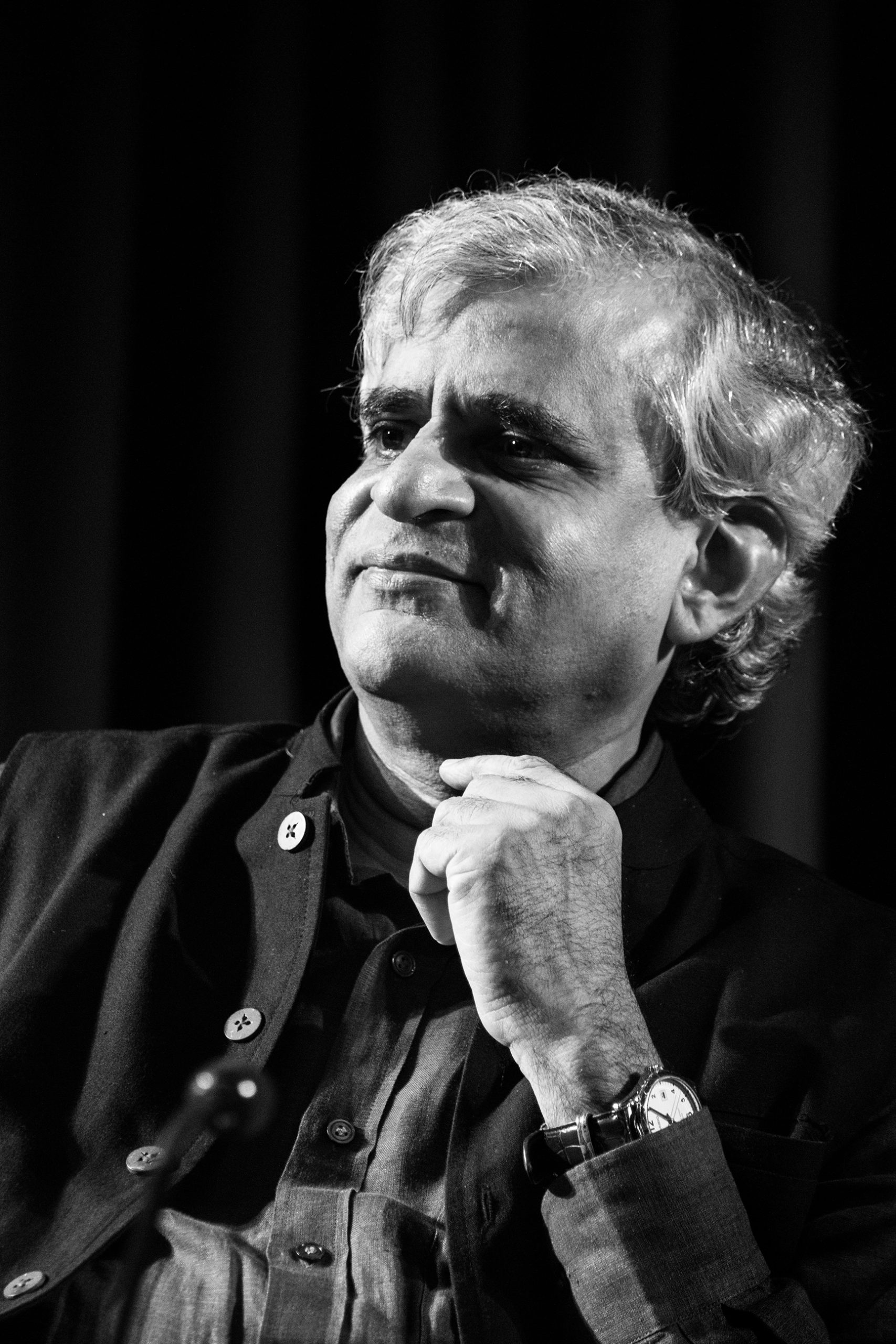
P. Sainath
Magsaysay Award Winner, Veteran Indian Journalist
Expertise in: Rural and agrarian issues, social inequality, poverty, famine and hunger.
P. Sainath, a Magsaysay Award winner, is a veteran Indian journalist who focuses on social and economic inequality, deprivation, and poverty, particularly in rural India. Amartya Sen has called him "one of the world's great experts on famine and hunger.” Though the recipient of over 60 national and global awards for journalism, Sainath has also declined several – including the Padma Bhushan, India’s third highest civilian award in 2009 – as he believes “journalists should never accept prizes and rewards from the governments they cover and critique.” In 2021, he declined the Rs. 1 million YSR award from the government of Andhra Pradesh (he is a member of their AGRI mission, where he serves pro bono).
Sainath was McGraw Professor of Writing at Princeton University in Fall 2012 and has been conferred doctorates by the University of Alberta at Edmonton and the St. Francis Xavier University, Antigonish, Nova Scotia, Canada. In India, he has taught journalism for 36 years. His book Everybody Loves a Good Drought now in its 61st print was declared a Penguin Classic in 2013. His new book The Last Heroes: Foot Soldiers of Indian Freedom has hit a fourth print within 7 months.
A journalist since 1980, Sainath became a full-time rural reporter in 1993 and has since then spent, on average, around 270 days a year in India’s poorest regions writing from there for India’s largest newspapers, including The Times of India and for The Hindu (of which he was Rural Editor for a decade). More recently, his path-breaking reporting placed India’s ongoing agrarian crisis and farmers’ suicides – well over 400,000 in two decades since 1995 – on the national agenda.
In 2014, Sainath launched the People’s Archive of Rural India (PARI), a unique online project on rural India, with its 833 million people, speaking 780 living languages and a bewildering array of stories, occupations, arts, music, culture, and a lot more. PARI, which publishes in 15 languages, is a totally independent, free-access multimedia digital platform creating a unique database, wholly dedicated to rural India. It is entirely free of both governmental and corporate control. It has won 60 national and global awards in just 8 years.
Rezaul Karim
Programme Head, Humanitarian Crisis Management Programme, BRAC
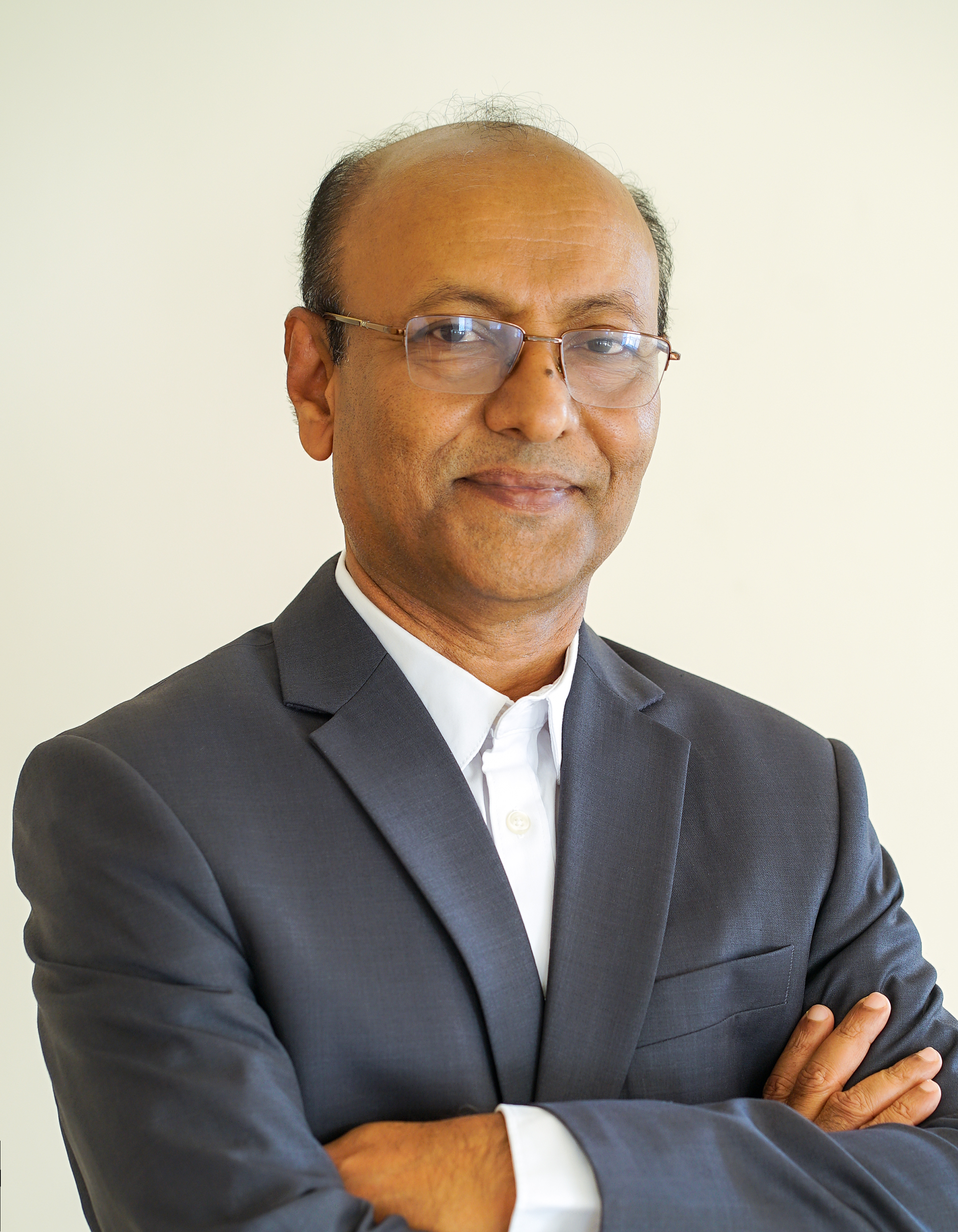
Rezaul Karim
Programme Head, Humanitarian Crisis Management Programme, BRAC
Expertise in: Humanitarian crisis, Rohingya crisis, disaster risk management, health, and protection.
Rezaul Karim leads BRAC's Humanitarian Crisis Management Programme in Cox’s Bazar, Bangladesh. BRAC is the largest NGO responder to the Rohingya crisis, supporting nearly a million refugees and host community members. Rezaul has been with BRAC for 35 years, holding numerous senior roles, including Humanitarian Action, Disaster Risk Management, WASH, Health, and Protection teams. He previously served as Country Director for BRAC South Sudan, overseeing programming for vulnerable individuals in the fragile, conflict-affected context, including internally displaced persons and returnees. Rezaul has provided strategic and operational guidance around significant disasters, including floods, cyclones, fires, Rana Plaza, and COVID-19.
Roshni Shanker
Executive Director, Migration & Asylum Project
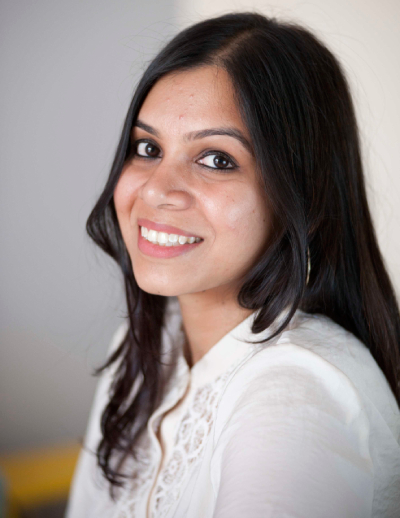
Roshni Shanker
Executive Director, Migration & Asylum Project
Expertise in: Legal representation, forced migration, asylum seekers, post displacement, and refugee status determination.
Roshni Shanker is the founder and Executive Director of the Migration and Asylum Project (MAP), India’s first and only law centre for forced migration and displacement. After completing a Masters's from Columbia Law School, Roshni joined UNHCR in 2010 and worked in various field offices, including India, Egypt, and the UAE. Noting the urgent need for legal assistance for refugees, she returned to India to set up MAP in 2013, which pioneered the concept of legal representation in the asylum process. Roshni has published in the Forced Migration Review, Refugee Law Initiative, and International Journal of Refugee Law, amongst others.
Sana Bég
Director of Communications, MSF South Asia
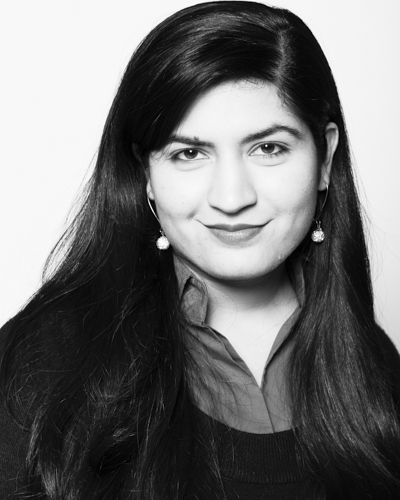
Sana Bég
Director of Communications, MSF South Asia
Expertise in: Humanitarian affairs advocacy, communications, crisis communications, international affairs, and international journalism.
Sana Bég is a social impact leader who has made significant contributions in journalism, non profit, communications and strategy -- motivated by a passion to advance humanitarian advocacy and understanding.
She has 20+ years of experience in journalism, crisis communications, advocacy and international affairs. With her work in field settings including in parts of Africa, the Middle East and South Asia, Sana has established herself as a respected and effective leader and strategist. She has worked in organizational settings for international journalism in the United States, and focused on humanitarian affairs and operational research in Europe. She is also an award-winning journalist.
Sana is frequently invited to speak at international platforms. Her most recent speaking engagements have been at the United Nations and the Open Data Institute.
Follow Sana on Twitter: @SanaABeg
Shalini Joshi
Program Director for Training and Network, Meedan

Shalini Joshi
Program Director for Training and Network, Meedan
Expertise in: Digital and media literacy, fact-checking, reproductive health, rural and agrarian issues.
Shalini Joshi is a Program Director for Training and Network at Meedan. As a regional lead, Shalini is involved in expanding Meedan's work and its global network in the Asia Pacific region. Shalini supports fact-checkers, newsrooms, and academics engaged in addressing and researching misinformation. Shalini is also the co-founder of Khabar Lahariya, India's only independent digital news network available to viewers in remote rural areas and small towns.
Tina Purnat
Health Information and Infodemic Manager, WHO
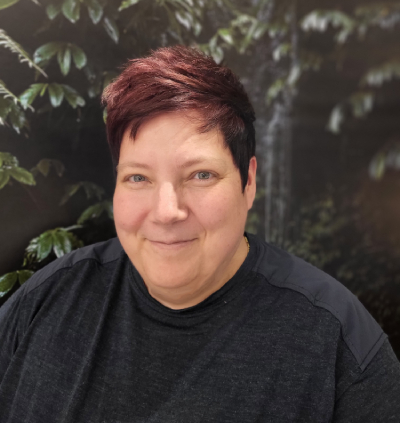
Tina Purnat
Health Information and Infodemic Manager, WHO
Expertise in: Infodemiology, public health research and analysis, and fact-checking.
Tina Purnat is Team Lead for Infodemic Management in the Unit for High Impact Events Preparedness, Department of Epidemic and Pandemic Preparedness and Prevention at WHO.
Tina has worked for over 25 years at the WHO, European Union, and academia; her expertise brings together health research, analysis, and policy-making. She has worked across these to promote better use of data, health information, and evidence by patients, communities, health system, and policymakers. As part of the WHO COVID-19 response, she worked on developing and formulating WHO infodemic response and infodemic management strategies, for which she received the WHO Pathfinder and Innovation Award 2021.
She serves on the editorial board of the JMIR infodemiology and Blockchain in Health journals and is a Fellow of the Australasian Institute for Digital Health.
Vidya Krishnan
Former Health Editor, The Hindu
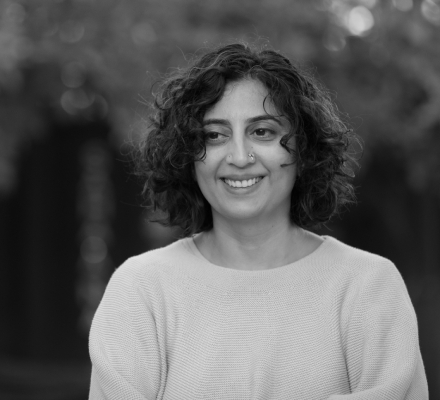
Vidya Krishnan
Former Health Editor, The Hindu
Expertise in: Global health, plagues, genocide and women healthcare.
Vidya Krishnan is an investigative journalist and writer who has been reporting on India's HIV and TB epidemics for the past two decades. Her work has been featured in the New York Times, the Atlantic, The Hindu, and Caravan magazine. She's a Neiman Fellow at Harvard University, and her non-fiction debut Phantom Plague has received critical acclaim.
Vijay K Nambiar
Former Indian Diplomat & Special Advisor to UN Secretary General
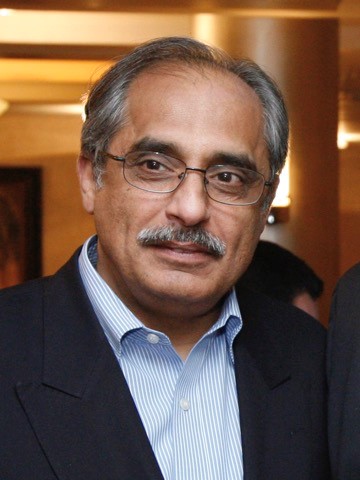
Vijay K Nambiar
Former Indian Diplomat & Special Advisor to UN Secretary General
Expertise in: International affairs, diplomacy and governance.
Vijay K Nambiar, born in Pune (1943), studied at St Xavier's College Mumbai. He was awarded the Chancellor's gold medal for his Masters in 1965. Joining India's Foreign Service in 1967, he studied Chinese and was posted to Hongkong and Beijing (1968-1972). After serving at headquarters, he was posted to Yugoslavia (1976-78) and the UN, New York (1979-82). His first Ambassadorial posting was to Algiers (1985-88), followed by Afghanistan (1990-92), Malaysia (1993-96), China (1996-2000), and Pakistan (2000-01). He was also a Permanent Representative at India's UN Mission in New York. After retirement in 2004, he served as Deputy National Security Adviser until 2006, when he was seconded to the UN as Special Adviser to UNSG Kofi Annan. He was later Chef de Cabinet to UNSG Ban Ki Moon and his Adviser on Myanmar.

